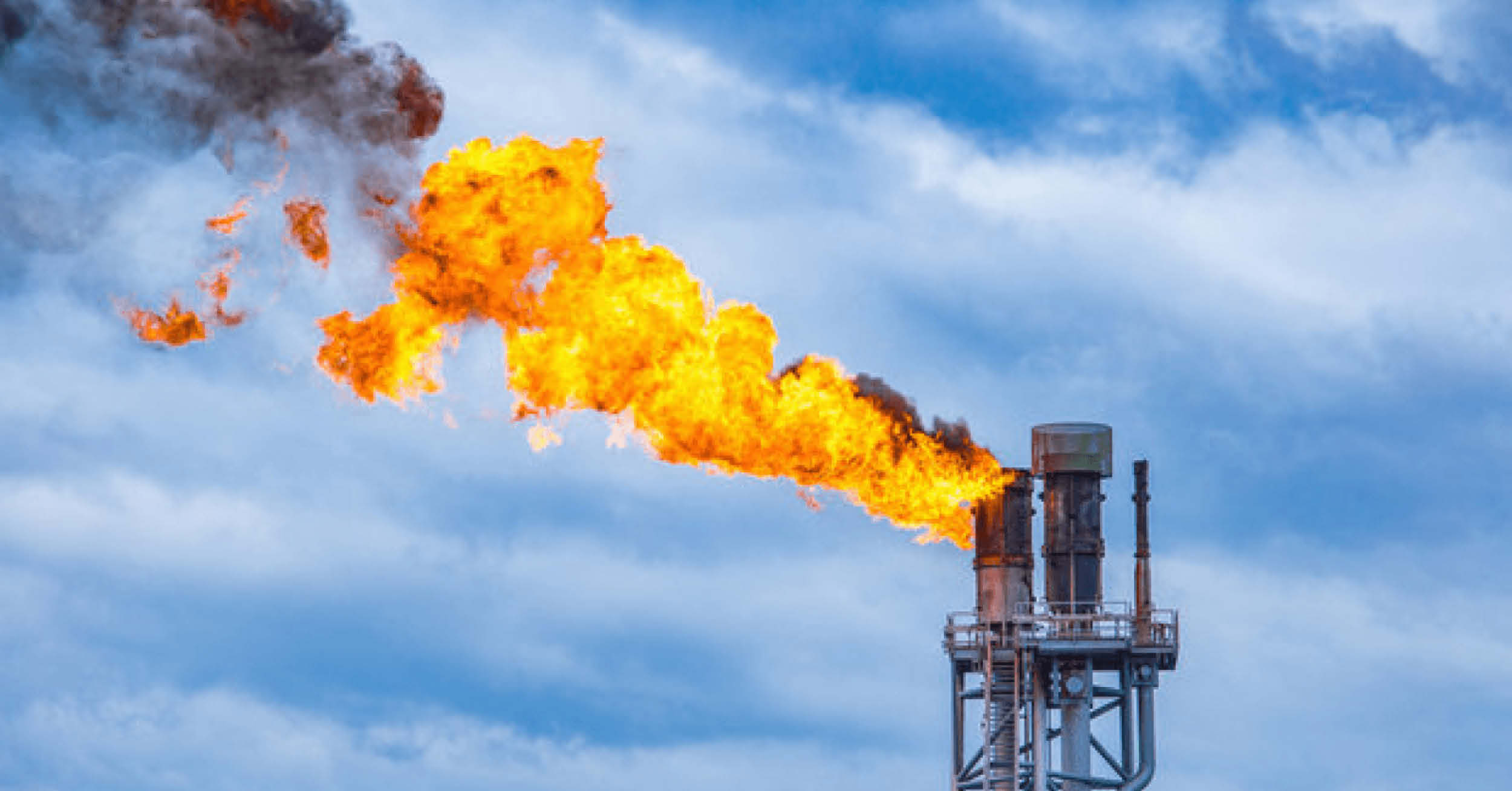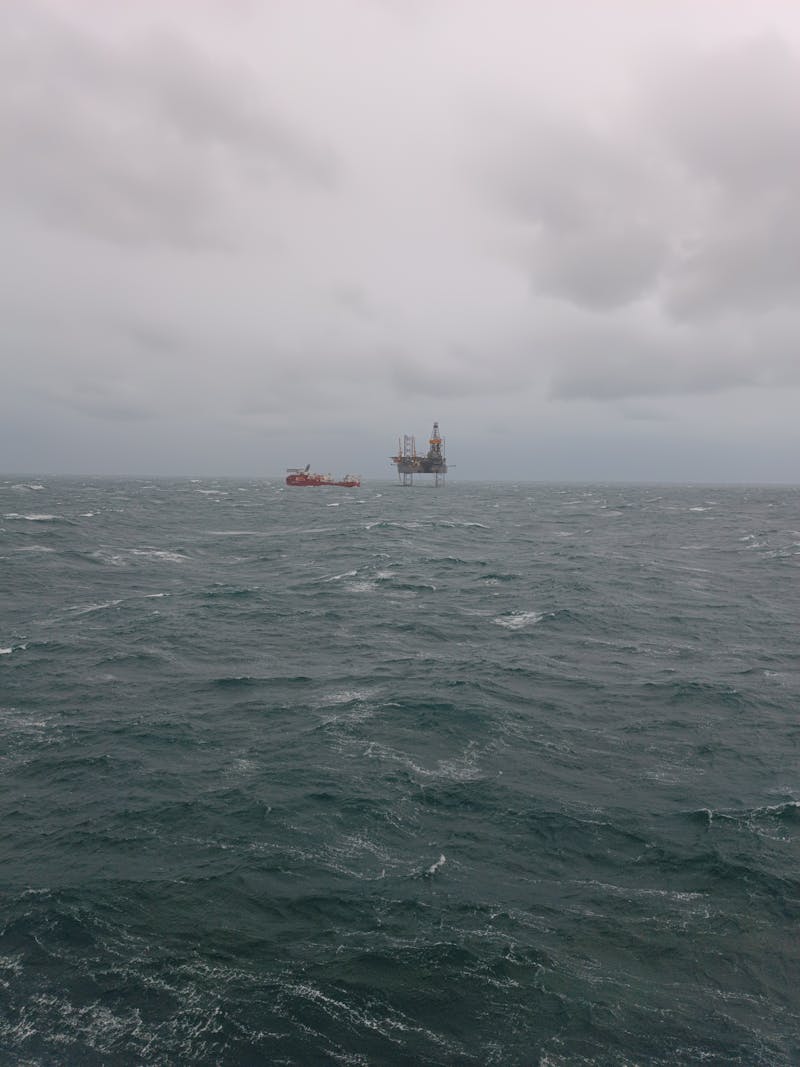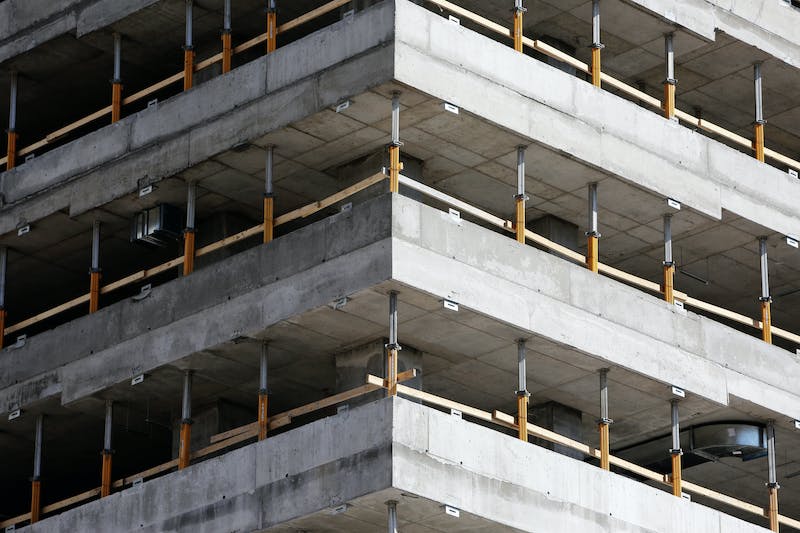Nigeria has finalised plans to commercialise all the associated gas flared by its exploration and production operators (Producers). The way it will do this is to first assert and then, exercise ownership rights over all associated gas flared by Producers in over 179 gas flare sites spread across on-shore, swamp, shallow offshore and deep offshore areas of the Niger Delta region. The basis of the ownership rights exercised by the Federal Government of Nigeria (FGN) is a statutory provision in Nigeria’s extant Petroleum Act, that allows the FGN to take all associated gas produced in the country free of cost at the flare and without payment of royalty. Based on gas flare data provided by Producers, the FGN will grant investors an exclusive permit to take associated gas flared in one or more flare sites, for the purpose of utilisation. Although there has been some significant investment in gas utilisation projects in Nigeria in recent time, up to 1 BCF is flared in Nigeria on a daily basis.
With the new AG commercialisation strategy, Nigeria seeks to attract foreign promoters/ investors to its gas utilisation sub-sector. Assuming favourable economics and cost curves, we expect that existing local distribution companies, (and, possibly industries) who currently rely substantially on the state-owned gas marketing company for gas supplies to consider participating in upcoming licensing rounds.
In addition to the opportunities for strategic promoters, we take the view that the new AG commercialisation policy is well suited for medium scale gas utilisation projects, and will create significant opportunities throughout the value chain and across Nigeria’s local fabrication industry. We expect that the AG commercialisation strategy will create opportunities for medium-scale power producers with a grid supply strategy or with a rural electrification strategy, seeing that the flare sites are usually contiguous to rural settlements. The prospect of rural electrification is particularly important in view of the statutory mandate of Nigeria’s Rural Electrification Agency which primarily is to provide stable electricity to rural dwellers. In addition to gas to power opportunities, we expect that the AG commercialisation strategy will also create opportunities for promoters of modular/mini LNG plants, promoters of medium-scale production of liquefied petroleum gas (LPG) alone or in combination with other means of use and also, in the area of supplying piped gas to larger consumers. Notably, the AG commercialisation strategy is coming at a period of global increase in oil and gas utilisation patents. We expect that the local industry will leverage new technologies in taking advantage of the opportunities created by Nigeria’s new AG commercialisation strategy.
In this update, we consider some of the key investor considerations and protections that have been put in place within Nigeria’s new AG commercialisation strategy
- Legal Backing
The AG commercialisation strategy has received legal backing in the form of the Flare Gas (Prevention of Waste and Pollution Regulations) 2018, made pursuant to the Associated Gas Re-Injection Act and the Petroleum Act and signed under the hand of Nigeria’s president (the Regulation). The Regulation is brilliantly drafted and especially remarkable in terms of how it deftly balances the competing interests of Producers, the environment, the FGN and that of prospective investors. In addition to clearly delineating the riles of each stakeholder, the Regulation also defines the scope of the Permit to Access Flare Gas, (Gas Permits) and to the extent necessary to make the AG commercialisation strategy successful, imposes hard obligations on Producers. Producers can suffer the ultimate penalty of a revocation of their lease to win, work and carry petroleum, where they fail to comply with the obligations placed on them under the Regulations. It is instructive to note further that the Regulation established an open and competitive bidding regime for the award of Gas Permits. Investors can therefore expect an objective evaluation of bids. It is worthy to note that the FGN has received support from the World Bank in the implementation of the new AG commercialisation strategy as part of World Bank’s Global Gas Flaring Reduction Partnership program.
- Data is King
As a matter of regulation, the AG commercialisation strategy is intended to be entirely data-driven. The Regulations demonstrate sufficient understanding of the usefulness of gas flare data to investment decisioning. Accordingly, investors will have intermediate rights to access gas flare data and where necessary access a flare site, that is subject of a bid, before making the final decision to bid for Gas Permits. This is understandable seeing that quantity location and composition of gas which will be the object of the Gas Permits, are all variables that can have a material effect on a proposed utilisation strategy. It is useful to note that Producers are by law required to provide data relating to accurate and credible forecasts of oil and gas production, ultimately, up to 2036. The nature of gas flare data to be provided by Producers is specifically defined by law to contain items, including gas to oil ratio, flow rates and pressures, per field historical data with respect to gas utilisation data, gas production data, oil production data, oil reserve data and gas reserve data. The objective of the regulators in this wise, is to, based on historical production and future crude oil production forecasts, create a flare gas profile, which will be made available to investors. Amongst others, such profiles will provide information on the depletion trend of the oil fields of Producers. Bidders will have access to flare gas forecast quantities and flare gas composition data. Investors and their lenders may also request certain specific oil field data from Producer as needed, towards financial closing. As part of mandatory obligations under the Regulations, Producers are required to maintain daily logs of all flaring and venting of natural gases and also submit same to the Department of Petroleum Resources (DPR) on a monthly and annual basis.
- Commerciality
There are a few key points for investors to note here as relates to the AG commercialisation strategy:
- investors will be allowed to collect revenue in foreign currency;
- investors will be allowed to export the outputs from gas utilisation projects;
- the FGN, through the Nigerian Gas Flare Revenue Account, will provide short-term compensation for business interruption due to eligible political Force Majeure events;
- the FGN, through the Nigerian Gas Flare Revenue Account, will provide short-term Deliver or Pay coverage for some gas supply short-fall events;
- investors will be entitled to take advantage of the Central Bank of Nigeria’s FX window to facilitate currency conversion;
- investors will, without payment of the rent have access to the right of way or route, way leaves, easement, within a license area required for the purpose of exercising the rights granted under Gas Permits
- Producers cannot exercise ownership rights over associated gas. Consequently, aside from the fees related to to the bidding process for Gas Permits and consideration for purchasing flare gas from the FGN, investors will not be required to pay royalty to operators, to any third party or to the FGN. Producers seeking to utilize their flare gas will now have to apply via a separate legal entity established for such purposes, for Gas Permits like any other investor and will not be preferentially treated.
- Producers must deploy gas metering equipment that is in conformity with the Metering and Data Collection Standards issued by the DPR
- Investors are free to assign and transfer their interest in a Gas Permit freely subject to a written approval of the DPR and provided that the transferee satisfies technical and financial requirements
- Incentive Regime
Local gas utilisation incentive legislation defines gas utilisation in terms of the “the marketing and distribution of natural gas for commercial purposes and includes power plan, liquefied natural gas, gas to liquids, fertilizer plant, gas transmission and distribution pipelines. On this basis, investors who obtain Gas Permits for purposes of gas utilisation will be entitled to Nigeria’s expansive gas utilisation incentives which benefit investors from both an entity and shareholder level. The applicable utilisation incentives include:
- an initial tax-free period of three years, which is, renewable for an additional 2 years or alternatively, an additional investment allowance of 35% which shall not reduce the value of the relevant asset;
- accelerated capital allowance after the tax-free period for companies in gas utilization (downstream operations), as follows: i. an annual allowance of 90% with 10% retention, for investment in plant and machinery ii. an additional investment allowance of 15% which shall not reduce the value of the asset
- tax-free dividend during the tax-free period for companies in gas utilization (downstream operations) provided that the investment for the business should be in foreign currency; or ii. the introduction of imported plant and machinery during the period should not be less than 30% of the equity share capital of the company
- subject to obtaining prior approval of the Minister of Petroleum Resources for such loan, interest payable on any loan obtained for a gas project shall be deductible
- Contractual Matrix
The Regulation establishes a clear contractual matrix for the contractual arrangements between all stakeholders. Some of the key contractual arrangements include:
- Gas Supply Agreement: to be between FG and holder of Gas Permit for the supply of flare gas
- Delivery or Pay Agreement – to be between Producer and holder of Gas Permit, for guaranteeing the supply of an agreed volume of flare gas within a specified flare gas volume and composition range
- Connection agreement: to be between Producer and holder of Gas Permit for the connection of the respective facilities of the Producer and the holder of a Gas Permit
It is useful to note that stakeholders will be expected to work-off draft agreements developed by the DPR. This is a useful proposition as standardisation of the boilerplate areas of the agreements will help parties focus on the more commercial aspects of individual transactions and also help reduce contract negotiation timelines. Typically, these contracts, including relevant EPC Contracts and where relevant GSPAs, will be key bankability and diligence points for financiers.
Comments
There are two key issues that we believe promoters will need to pay delicate attention to, with the benefit of professional counsel and early on in the project development process. Finance will continue to remain a critical issue for promoters, given the fairly capital intensive nature of utilisation projects. We do not expect local banks to be upbeat in the first instance. However, we think that opportunities exist for promoters in the area of blended finance, especially within the context of multi-sourced project finance. There also exists industry-focused financing opportunities in particular regard to the Nigerian Content Fund and also, the recent $500 million loan facility from the Export Import Bank of China (CEXIM), through the Bank of Industry (BoI), towards the financing of modular refineries and implementation of the Flare Gas Recovery Programme. The other salient issue for promoters to consider upfront and in detail relates to the availability of infrastructure. The point to note here is that the gas to be sold by virtue of the Gas Permits will be sold on an “as is basis” with no undertaking from the FGN to provide underlying infrastructure. Accordingly, promoters need the best possible clarity on the scope of existing gas infrastructure and to determine how this ties a proposed utilisation strategy. On this point, it is useful to note that Nigeria has a legal framework for third party network access.
The foregoing does not constitute legal advice. For comments and further enquiries, please reach out to your Balogun Harold contact or via, support@balogunharold.com.




